- The University
- Studying
-
Research
- Profile
- Infrastructure
- Cooperations
- Services
-
Career
- Med Uni Graz as an Employer
- Educational Opportunities
- Work Environment
- Job openings
-
Diagnostics
- Patients
- Referring physicians
-
Health Topics
- Health Infrastructure
Research Units: Neuroscience

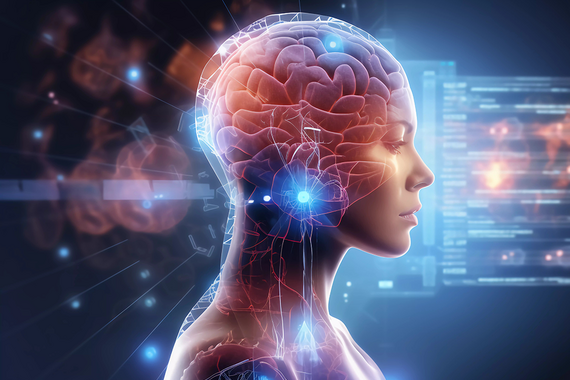
Pathomechanisms of Stroke
Our goal is a refined understanding of the various pathomechanisms of stroke to enable an individualized diagnostic work-up, treatment and prognostication. For this purpose, we established uni- and multicentric prospective cohorts and successful international collaborations. Our research team uses conventional and novel dynamic neuro-vascular imaging methods (MRI, sonography) and clinical and blood-based biomarkers. Our current focus is the pathophysiology of cerebral small vessel disease, reperfusion injury after mechanical thrombectomy and extended work-up of cryptogenic stroke patients.
Head of the research unit: Thomas Gattringer
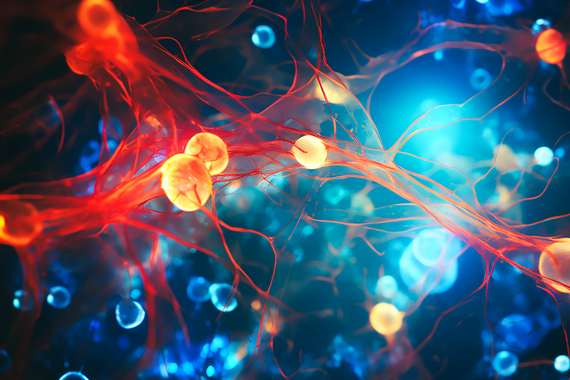
Neurology Biomarker
In the field of neurology, biomarkers have been increasingly integrated into clinical routine in recent years. These biomarkers serve various purposes, such as assisting in diagnosis, estimating disease risk or prognosis, assessing disease stage, and monitoring progression or response to therapy. At the Department of Neurology, the “Neurology Biomarker Research Unit” conducts research on the development and validation of body fluid biomarkers in the cerebrospinal fluid (CSF), but also in the blood, with a focus on neuroimmunological and neurodegenerative diseases.
Head of the research unit: Michael Khalil
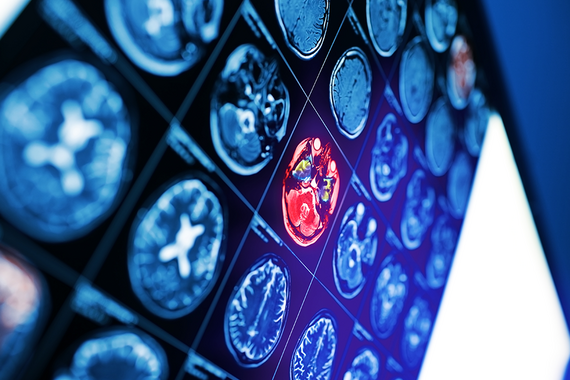
Imaging Techniques in Neurological Research
Our research unit aims to develop and implement new MRI techniques for characterizing and modeling brain tissue. With the application of these techniques in a clinical setting we want to improve our understanding of specific inflammatory and neurodegenerative brain diseases including multiple sclerosis (MS), Alzheimer's disease (AD), Parkinson's disease (PD), and amyotrophic lateral sclerosis (ALS). We also provide state-of-the-art MRI methodologies and expertise for in vivo and postmortem MRI studies to other research groups.
Head of the research unit: Stefan Ropele
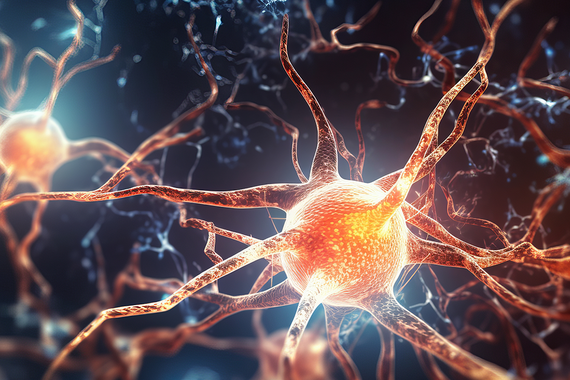
Neuronal Plasticity and Repair
Neuronal plasticity describes the brain´s ability to change structurally or functionally in response to experience (learning) or structural changes associated with brain diseases. Our research focuses on mechanisms of plasticity, repair and reorganisation using advanced MRI techniques such as functional MRI or diffusion tensor imaging. We explore the effects of neurorehabilitation, to improve development of neurobiologically validated trainings promoting recovery and to predict outcome. Stroke, multiple sclerosis and age-related changes of the brain represent targeted areas of this research.
Head of the research unit: Pinter Daniela Theresia
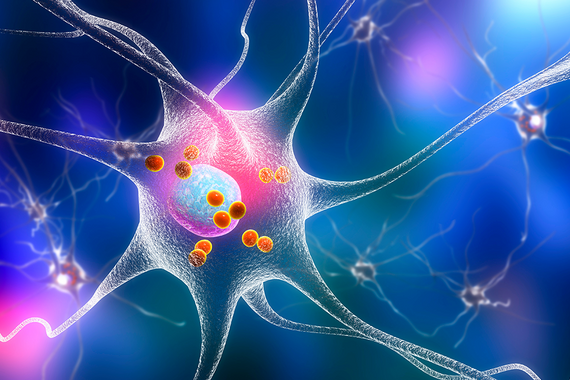
Movement Disorders
The scientific focus of the Movement Disorders Research Unit is the investigation of pathophysiological mechanisms of movement disorders (focus on Parkinson, tremor, functional disorders). The main focus is on the discovery and validation of electrophysiological, imaging and laboratory biomarkers and their evaluation and interpretation in close association with clinical (longitudinal) data.
Head of the research unit: Petra Schwingenschuh
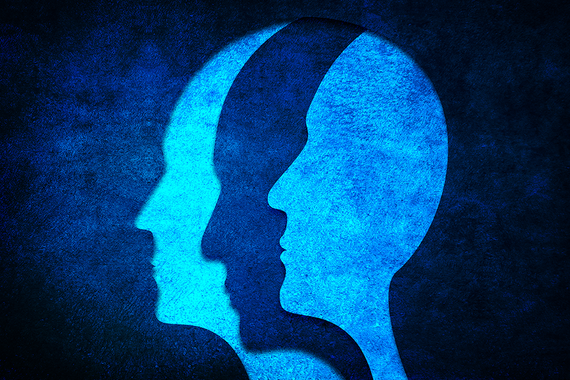
Neurobiology and anthropometrics in bipolar affective disorder
Bipolar disorder (manic-depressive illness) is characterized by pathological mood swings; those affected also very often suffer from somatic comorbidities (such as metabolic syndrome, cardiovascular diseases). In a multifactorial model, neurobiological changes in bipolar illness (such as epi/genetics, structural/functional brain changes, cognition, psychoneuroimmunology and psychophysiology) and connections with somatic comorbidities and lifestyle are researched, brought together and analyzed over time.
Head of the research unit: Eva Reininghaus


